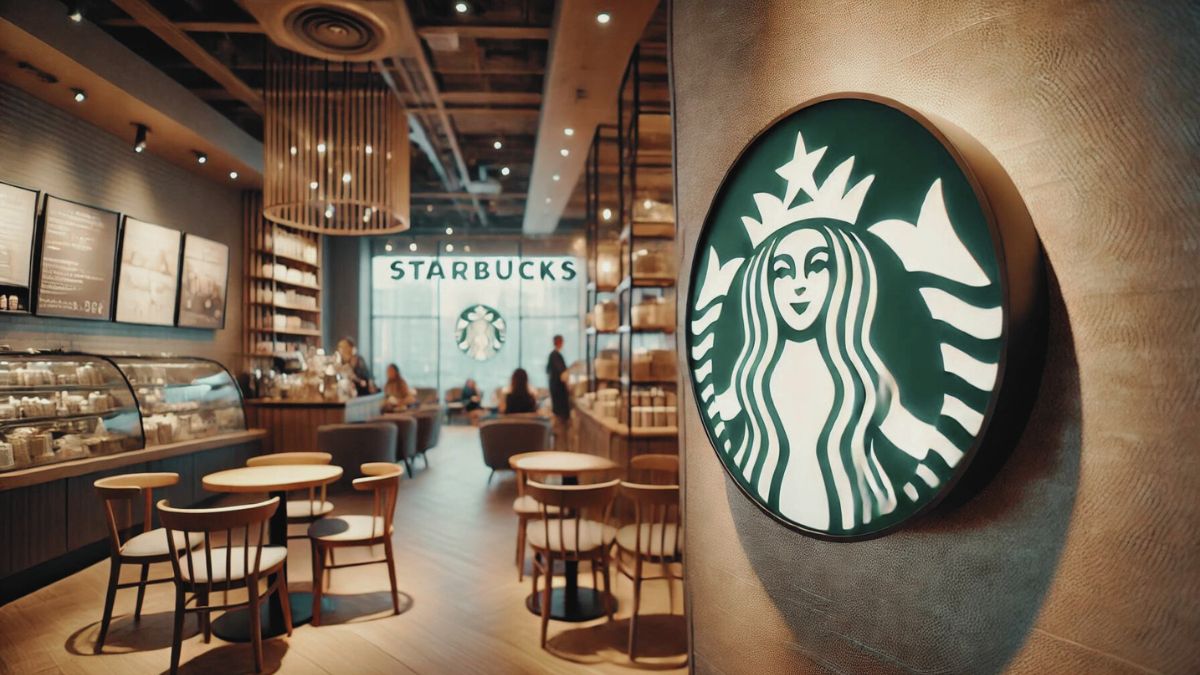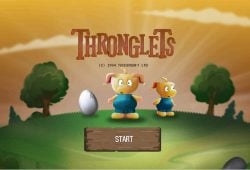
Starbucks customers across the United States and Canada will enjoy a significant change: no additional charge for non-dairy milk.
As the holiday season begins, the company is responding to one of its top customer requests by eliminating the extra fee for plant-based milk options like soy, oat, almond, and coconut milk. This shift, launched alongside Starbucks’ annual holiday menu, aims to enhance the experience of every coffee lover and make customizations more accessible.
Why is Starbucks Dropping the Non-Dairy Milk Fee?
Starbucks CEO, Brian Niccol, explained that this decision aligns with the company’s commitment to delivering personalized experiences. “By removing the extra charge for non-dairy milks, we’re embracing all the ways our customers enjoy their Starbucks,” Niccol noted. The company has observed a consistent rise in demand for plant-based milk, making it the second most common customization request after adding a shot of espresso.
How Will Customers Benefit?
With the extra charge gone, nearly half of Starbucks’ current U.S. customers who choose non-dairy milk will see immediate savings. On average, these customers are expected to benefit from a 10% reduction in their bill, which can add up for frequent visitors. The decision not only saves money for customers but also simplifies the ordering process, removing an extra fee that some saw as a barrier to enjoying a more sustainable, dairy-free option.
What’s Included in the Non-Dairy Milk Options?
As of November 7, Starbucks will offer soy, oat, almond, and coconut milk at no extra cost in any of its U.S. and Canadian stores.
These options cater to a variety of dietary preferences and lactose-intolerant customers, along with those choosing plant-based diets for environmental or health reasons. Each milk offers unique flavor and texture, giving customers more ways to tailor their drink to their taste.
ALSO READ. Is This Starbucks Truly Haunted? The Spooky Photos Say It All!
How Does This Change Impact Starbucks’ Business?
While Starbucks’ recent financial reports reflect challenges in global comparable sales, particularly in China, this move shows a strategic pivot towards customer satisfaction in North America. By removing the non-dairy milk fee, Starbucks hopes to reinforce its image as an inclusive, customer-centric coffeehouse.
Although Q4 results indicated a 6% drop in U.S. comparable store sales, Starbucks’ focus on customer-centric innovations, such as this policy shift, is part of a broader initiative to revitalize the brand and drive future growth.
“Back to Starbucks”
CEO Niccol’s “Back to Starbucks” strategy aims to address these challenges by re-focusing on the brand’s core elements: welcoming atmospheres, skilled baristas, and high-quality, customizable coffee. Niccol emphasized that “getting back to our core identity” will be key in revitalizing the brand’s growth trajectory. This policy shift, alongside investments in store staff and operational efficiencies, marks a critical step in that journey.
For the fiscal year ending September 29, 2024, the company reported a 1% increase in revenue, bringing it to $36.2 billion, despite various global challenges. Although there were declines in U.S. and international store sales, Starbucks’ popular rewards program continued to grow, now with 33.8 million active members.
⇒ SUSCRÍBETE A NUESTROS CONTENIDOS EN GOOGLE NEWS









